Inge Radford
Inge was born in Vienna, one of 10 children. She escaped to England on the Kindertransports in July 1939. Her widowed mother and five of her brothers were deported to Riga and murdered in Maly Trostinec. A tireless activist and campaigner throughout her life, Inge lived in Northern Ireland before she passed away in March 2016.
Inge Radford, née Frankel, was born in Vienna in 1932, one of ten children. She had vivid memories of her mother and five brothers waving goodbye to her at a train station as she boarded what she later learned was a Kindertransport train, bound for Britain. It was July 1939 and she was just seven years old. Inge and four of her siblings escaped from Austria and survived the war. Her mother (then widowed) and five brothers, Sigmund, Kurt, Walter, Herbert and Fritz, perished in the Holocaust.
Inge was ‘adopted’ and grew up in England where she went to school and university. She became a social worker and a probation officer. She married Colin Radford and they eventually settled in Millisle in Northern Ireland, overlooking the farm and school where Kindertransport children were given refuge during the war.
In her memoir, Inge writes: From evidence given in post-war criminal trials we know what they, with thousands of other Austrian Jews, endured before they were finally shot or gassed. They were initially incarcerated in the Minsk ghetto and then transferred to the labour camp in the village of Maly Trostinec. This camp had no permanent gas chambers, but victims were murdered in mobile gas vans. In May 1943, five hundred victims per day were murdered in gas vans that went daily between Minsk and Maly Trostinec.
Five of my family were spared the unspeakable ordeal of ghetto living, imprisonment and violent death; we got out before war broke out. Our passports were stamped with a large red ‘J’, and the middle names of Sara for girls and Israel for boys were added to identify us as Jews. My eldest sister, Elli, went to live with relatives in the USA. My 13- and 14-year-old brothers, Ernst and Erich, went to live on farms in Denmark, and my nine-year-old sister, Rose, and I, aged seven, came to England (separately and unbeknown to each other for several years). Our passage out of Vienna was organised under the auspices of the Jewish Children’s Refugee Organisation, which raised the £50 per child asked for by the British government, who arranged the mechanics of our escape. Homes and hearts were opened to us. Many children like myself stayed with our adoptive families through school, university, marriage and parenthood. For me, these new kind and loving relationships blurred the picture of a small smiling woman surrounded by several boys, all waving as the train pulled out of Vienna Station.
Inge died in March 2016. Throughout her life, she was concerned about social justice and spoke about it at every opportunity.
Passport for Inge, issued in Vienna (1939).
Inge Radford spoke out about injustices wherever they occurred, all of her life.
Inge Radford: Through Hell & High Water
Watch this short film by Northern Visions NvTv to learn more about Inge’s life and memories of the Holocaust.
Read about other survivors.
-

Suzi Diamond
-

Edith Zinn-Collis
-

Joe Veselsky


